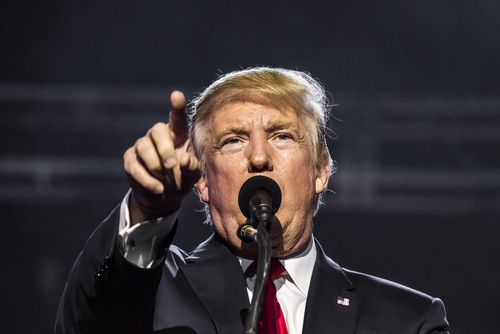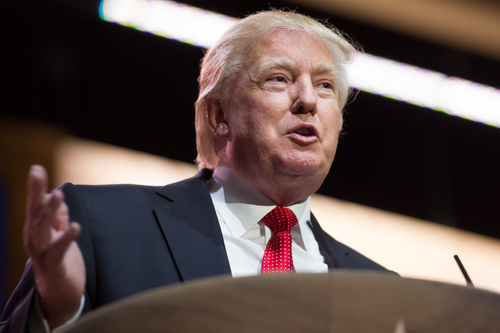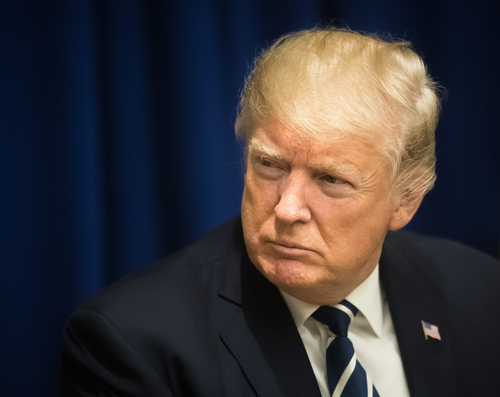Tareq Al-Suwaidan’s controversial advocacy urges Muslims in the West to wield political influence, but his ties to radical Islamism spark international concern.
At a Glance
- Tareq Al-Suwaidan is linked to Hamas and the Muslim Brotherhood.
- He urges Muslims in the West to influence government policies and elections against Israel.
- Al-Suwaidan is banned from the U.S. and Belgium due to extremist views.
- He dismisses peace with Israel and downplays casualties in Gaza.
Ties to Radical Organizations
Tareq Al-Suwaidan, a prominent Islamist from Kuwait, has established connections to Hamas and the Muslim Brotherhood, organizations labeled by many as extremist and terror-linked. His outspoken nature and radical ideologies have landed him in the spotlight of international scrutiny. Allegations of financial ties to terrorism resulted in his naming as an unindicted co-conspirator in the Holy Land Foundation case, the largest terrorism financing trial in the United States.
Authorities in the West have responded firmly to his calls for Muslims to employ their citizenship to influence policies, especially against Israel. Al-Suwaidan’s ban extends across the United States and Belgium, underscoring the gravity of his radical associations. His exhortations run counter to broader peace efforts, as he consistently dismisses the notion of reconciliation with Israel.
Advocacy for Political Mobilization
Al-Suwaidan encourages Western Muslims to leverage their dual power—derived from their faith and their citizenship—to sway electoral outcomes. In his speeches, he emphasizes political activism as a means to support the global ummah. “This is your country and you should pressure your politicians to change their stand and you should make them fall down in elections if they don’t,” he states.
“This is your country and you should pressure your politicians to change their stand and you should make them fall down in elections if they don’t.” – Tareq Al-Suwaidan.
His objectives include turning Western policies against Israel. Al-Suwaidan has gone so far as to describe the decline of Western civilization as inevitable, stating an eventual restoration of an Islamic Caliphate governed by shari’a law. Such rhetoric contributes to his alarming notoriety on the global stage.
Dismissal and International Response
Al-Suwaidan’s open affiliation with the Muslim Brotherhood led to his ousting from the Al-Resalah TV network in 2013. His dismissal marked a salient moment indicating regional shifts against Brotherhood-aligned figures. Despite facing bans, he retains the ability to shape narratives and influence Western Muslim youth through speeches and writings.
His extremism not only involves incendiary proclamations against Israel but also an apparent indifference to the tragedy of lives lost. Al-Suwaidan’s polarizing views call for scrutiny, considering his continued push for Muslims to wield their Western nationality as a form of political leverage.






